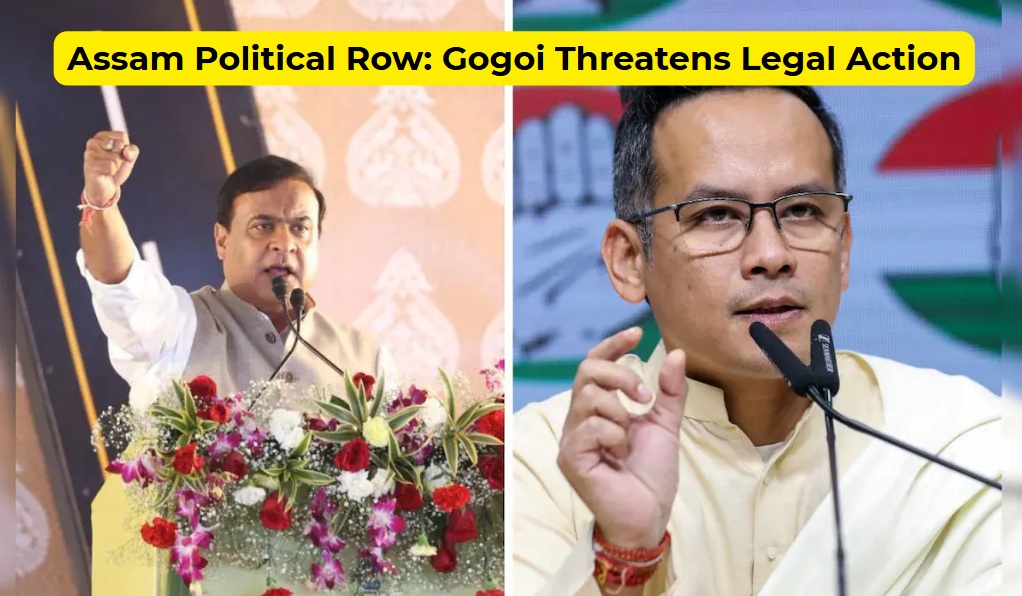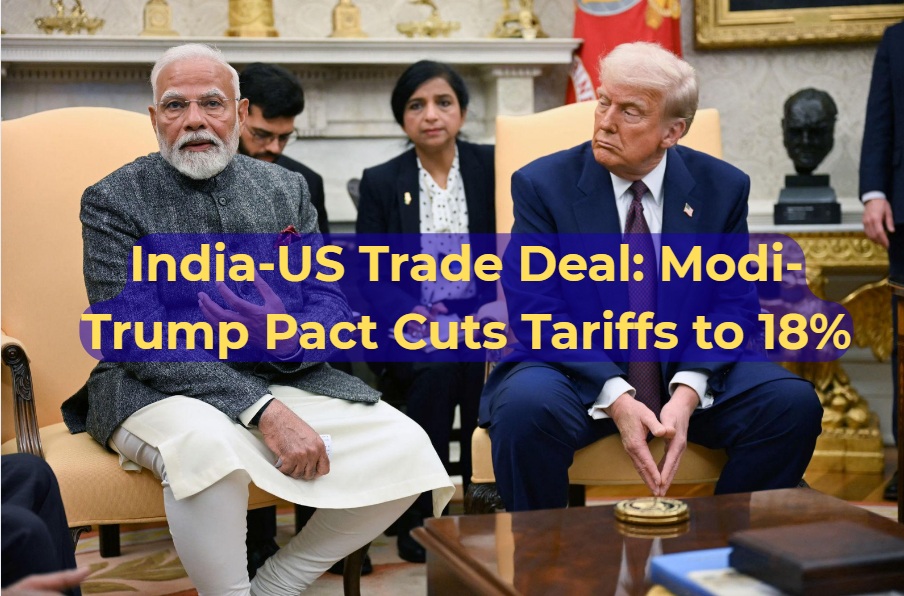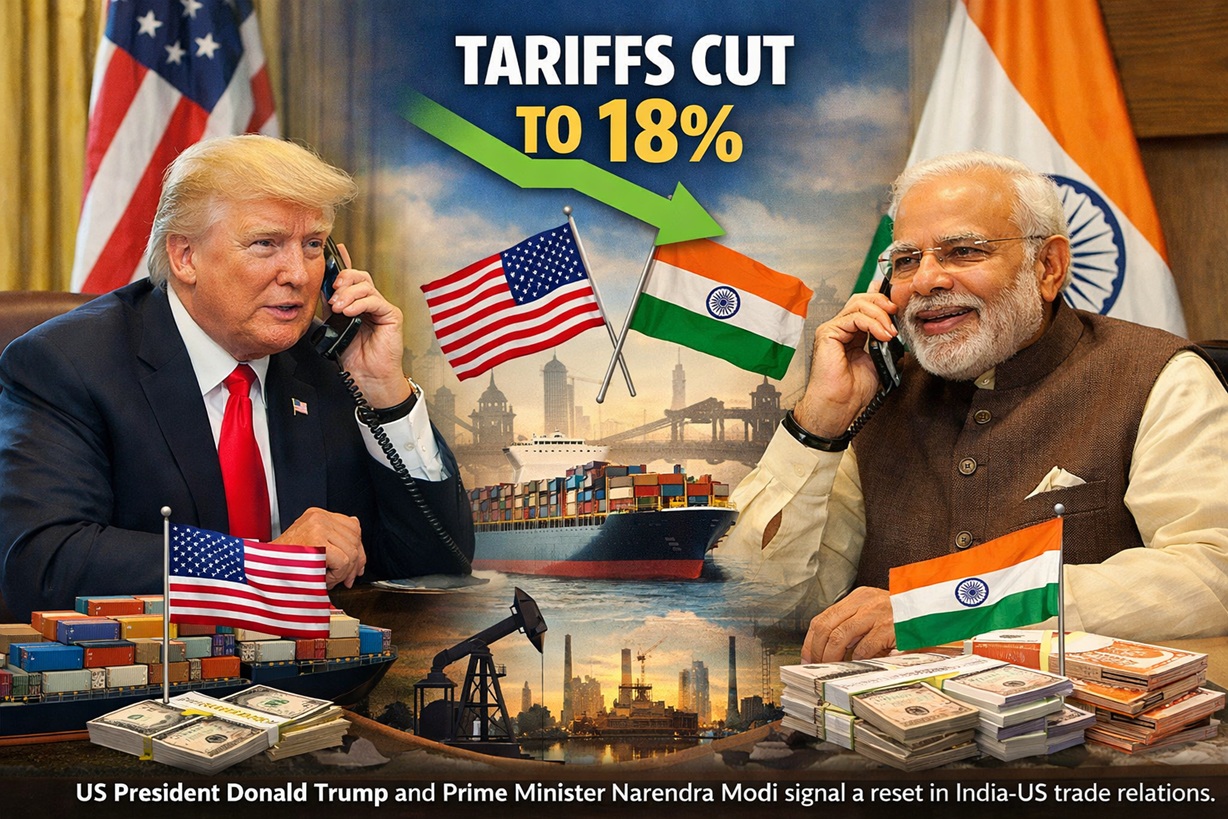India, traditionally known as a major importer of defence equipment, has recently undergone a significant transformation towards becoming a defence equipment exporter. This shift highlights India’s growing capabilities in defence manufacturing and technology. With initiatives like “Make In India” and a renewed focus on indigenous defence production, India has successfully developed and produced a wide range of defence equipment, including aircraft, naval vessels, and missile systems. This blog post explores the reasons behind this transformation and highlights a remarkable defence export deal between India and the Philippines.
Reasons for Exploring Alternatives:
While the United States, Russia, and China remain significant players in the global arms market, many countries are now seeking alternatives due to various reasons:
1. Political considerations: Some nations may have concerns about aligning too closely with major powers due to political differences or potential conflicts of interest.
2. Dependency concerns: Relying heavily on any one country for defence equipment can compromise a nation’s sovereignty or strategic autonomy.
3. Technology transfer limitations: Advanced technology transfers may not always be readily available from major powers due to restrictions or national security concerns.
4. Cost considerations: Defence deals with major powers can be expensive, prompting smaller nations to seek alternatives or develop indigenous capabilities.
5. Geopolitical tensions: To prevent exacerbating existing tensions or being drawn into conflicts, some countries may avoid deals with major powers.
6. Human rights and ethical concerns: The human rights records or ethical practices of major powers may influence countries’ decisions regarding defence deals.
7. Strategic diversification: Many nations prefer to diversify their defence procurement to reduce reliance on any single supplier, mitigating risks and providing greater flexibility.
India’s Remarkable Defense Export Deal:
India’s growing prominence as a defense exporter is exemplified by its first major defense export deal with the Philippines. The $375 million deal between BrahMos Aerospace and the Philippine Marine Corps was signed in January 2022. India is set to deliver its first batch of BrahMos supersonic missiles to the Philippines, marking the completion of this significant defence export deal.
Key Features of BrahMos Missile:
The BrahMos missile, with a range of 290 km, is one of the fastest cruise missiles in the world. It has a top speed of Mach 2.8, nearly three times the speed of sound. The missile’s versatility allows it to be launched from submarines, ships, aircraft, or land, making it a universal missile for multiple platforms. Its fire and forget principle further enhances its effectiveness.
Significance of the Deal:
The successful export of the BrahMos missile highlights India’s growing prominence as a defence exporter on the global stage. In 2022-2024, India’s defence exports reached approximately $2.63 billion, marking a remarkable 32.5% growth from the previous year. This deal also signifies the strengthening of ties between India and the Philippines, as both countries continue to collaborate in the defence sector. The delivery of the BrahMos missiles will significantly enhance the defense capabilities of the Philippine Marine Corps’ coastal defence regiment. India’s successful export of the BrahMos supersonic missiles to the Philippines showcases its technological prowess and growing influence in the global defence market. With initiatives like “Make In India,” India’s position on the global stage has been propelled, driving innovation, economic growth, and job creation. This remarkable defence export deal is just the beginning, as more deals are expected in the coming days with other countries. India’s transformation from a defence equipment importer to an exporter highlights its potential to become a major player in the global arms market.







